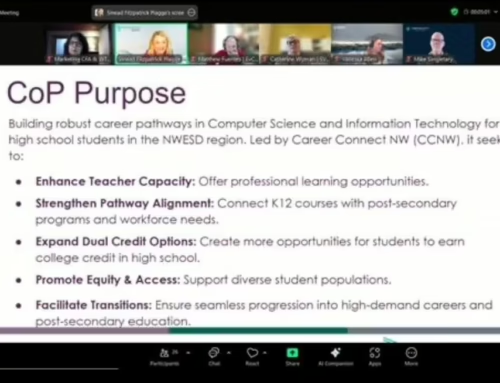We are proud to partner with Washington state to present the Washington Pyramid Model training. The Pyramid Model is a research-based, developmentally appropriate framework for supporting the social-emotional development of young children in all early childhood settings. The WAPM framework embraces and supports adults in creating safe, caring environments for families and children. Strategies focus on building relationships, emotional literacy, social skills, trauma-informed care approach, problem-solving, building routines, and instructional practices such as embedded instruction. The overall outcomes of this training are to build participants’ knowledge in developing high-quality inclusive programs as well as promoting developmental growth, a sense of belonging and meaningful friendships for all children.
What is Pyramid Model?
Pyramid Model is a research-based and developmentally appropriate framework for supporting the social/emotional development of young children in all early childhood settings.
The Pyramid Model framework embraces and supports:
- A variety of early learning environments
- Racial equity
- A trauma-informed care approach
- Culturally and linguistically responsive practices
- Children with disabilities
- Multi-language learners
- Family partnerships
Benefits of Pyramid Model
- More social skills
- Less challenging behavior
- Stronger relationships between children
- Research has also shown that teachers are more successful in implementing Pyramid Model practices when they have received training and coaching
Vision for WA State-Wide Pyramid Model Implementation
Washington State has responsive systems that partner with the adults in children’s lives to promote social-emotional health through the framework of the Pyramid Model, so all children, prenatal – 5 years, experience high-quality, inclusive early learning settings. (OSPI, 2020)
Questions? Rae Allen




